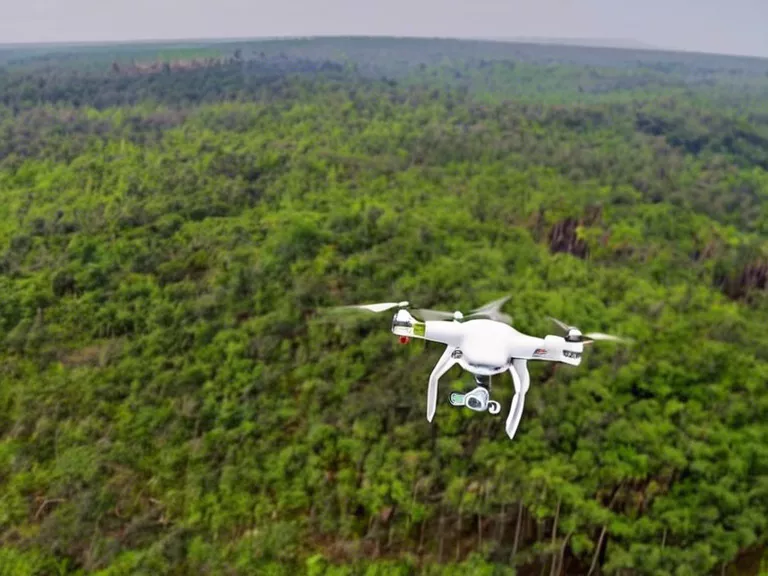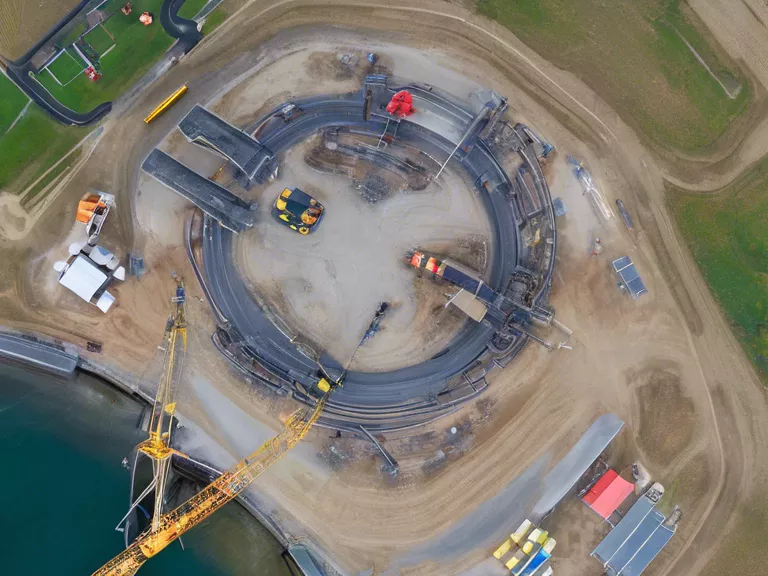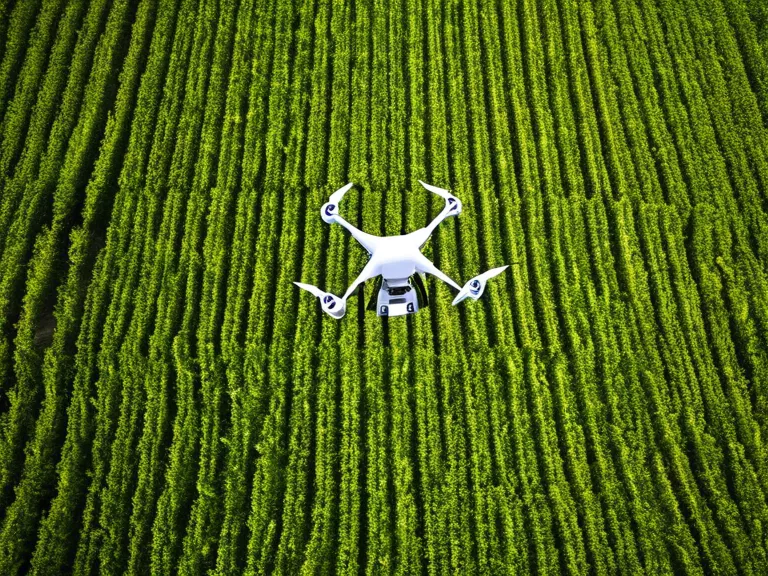
Drones, also known as unmanned aerial vehicles (UAVs), have become a valuable tool in supporting environmental conservation and wildlife monitoring efforts around the world. These versatile devices have the ability to access remote and hard-to-reach areas, providing researchers and conservationists with valuable data on the health of ecosystems and the status of endangered species. From tracking animal populations to monitoring deforestation, drones are revolutionizing the way we protect our planet's biodiversity.
One of the most significant applications of drones in environmental conservation is wildlife monitoring. Researchers can use drones equipped with thermal imaging cameras to track the movements of animals such as elephants, rhinos, and gorillas without disturbing them. This allows for more accurate population assessments and helps identify potential threats to these vulnerable species. Drones are also valuable in surveying hard-to-reach habitats, such as dense forests or rugged mountains, where traditional ground-based surveys are not feasible.
In addition to wildlife monitoring, drones are also being used to combat illegal activities that threaten environmental conservation. Poaching, illegal logging, and land encroachment are major threats to biodiversity around the world. Drones equipped with high-resolution cameras and GPS technology can help authorities identify and apprehend individuals engaged in these activities, leading to more effective law enforcement and deterrence.
Furthermore, drones play a crucial role in monitoring the impact of climate change on ecosystems. By capturing aerial images and data, drones can provide valuable insights into changes in land cover, vegetation health, and water resources. This information is essential for understanding the effects of climate change on biodiversity and guiding conservation efforts to mitigate its impact.
In conclusion, drones are an indispensable tool in the fight to protect our planet's environment and wildlife. Their versatility, efficiency, and ability to access remote areas make them invaluable for conservationists and researchers. By harnessing the power of drones, we can better understand and address the threats facing our natural world, ensuring a sustainable future for generations to come.



